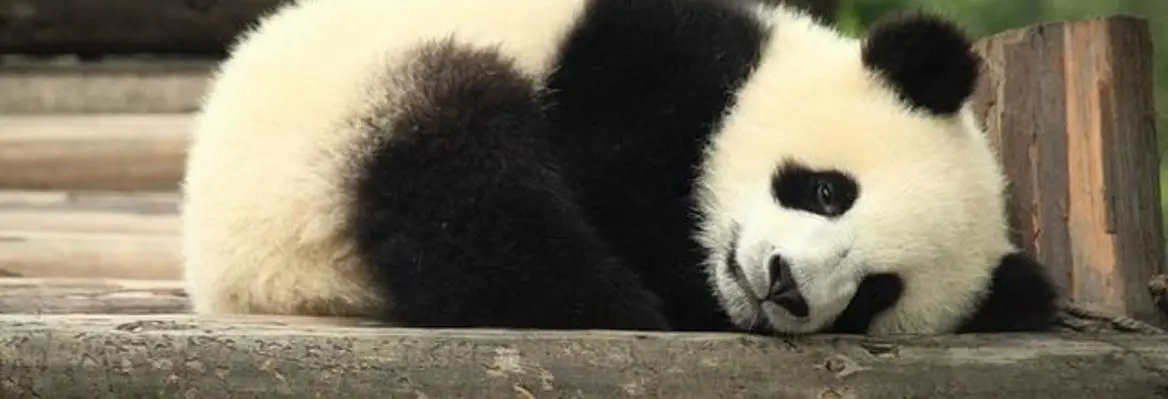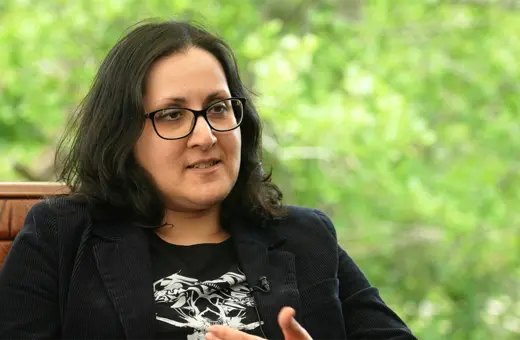Of course we want to save the panda. Pandas are cuddly, furry and charismatic, and even cuter when they sneeze. But a new approach to conservation policy suggests that we ought to be prioritising our efforts in a different way. The Evolutionarily Distinct and Globally Endangered (EDGE) index aims to measure how "evolutionarily distinct" (ED) a given species is, with the idea that more evolutionarily distinct species are more worth preserving.
Conservation is, on the whole, a worthwhile aim; let us take that as read. But, in a world where thousands of species are in imminent danger of extinction, how should we focus our efforts? Certainly it may be useful to develop metrics such as the EDGE index to help us assess how we should prioritise in making decisions about which species to save. Without an account of what it is we value about biological species and why, however, these numbers are meaningless; we might as well be measuring size, or colourfulness, or some other arbitrary trait.
So, why is evolutionary distinctness valuable? There are of course many possible answers to this question: the 'weirdness' of a species may correlate with its significance within an ecosystem, its potential uniqueness, its value to science and related applications. The point stands, though, that we need to be aware of where this value lies, if we are to base our actions upon it. In setting conservation policy we need to define what we consider to be valuable and why, and understand how the statistics presented to us reflect this.
The fact that humans do not score highly on the ED scale should serve as one illustration of this point. Of course, we are very far from endangered, and it may be that many ecosystems would be just as stable without us or even more so. But we are also one of a very few (perhaps even the only) species on this planet that possesses the capacity to be consciously aware of our environment and our own existence, of how our actions can affect the world around us, and what implications this may have for our future existence and the future of all life on this planet.
Is our life and that of creatures like us something that we ourselves value? Do we prefer a world in which we and other conscious, self-aware, thinking and reasoning beings exist, can contemplate the world around us, can create and appreciate art and science and philosophy? If so, we must acknowledge that evolutionary distinctness is not the be-all and end-all of conservation; it may represent some aspects of species value but it is not the only thing we value in life.
What are our moral responsibilities, then, with regard to conservation of species, ecosystems and environments? We may view the environment as a resource to be used for the good of humankind; alternatively we may decide that, because we are moral agents, capable (in theory at least) of distinguishing right from wrong and making decisions accordingly, we have a duty of stewardship, to care for the environment, precisely because we understand what it means to do so. In either case, however, we still need a coherent account of what constitutes right and wrong in relation to our actions and their effects on the environment.





















Join the conversation